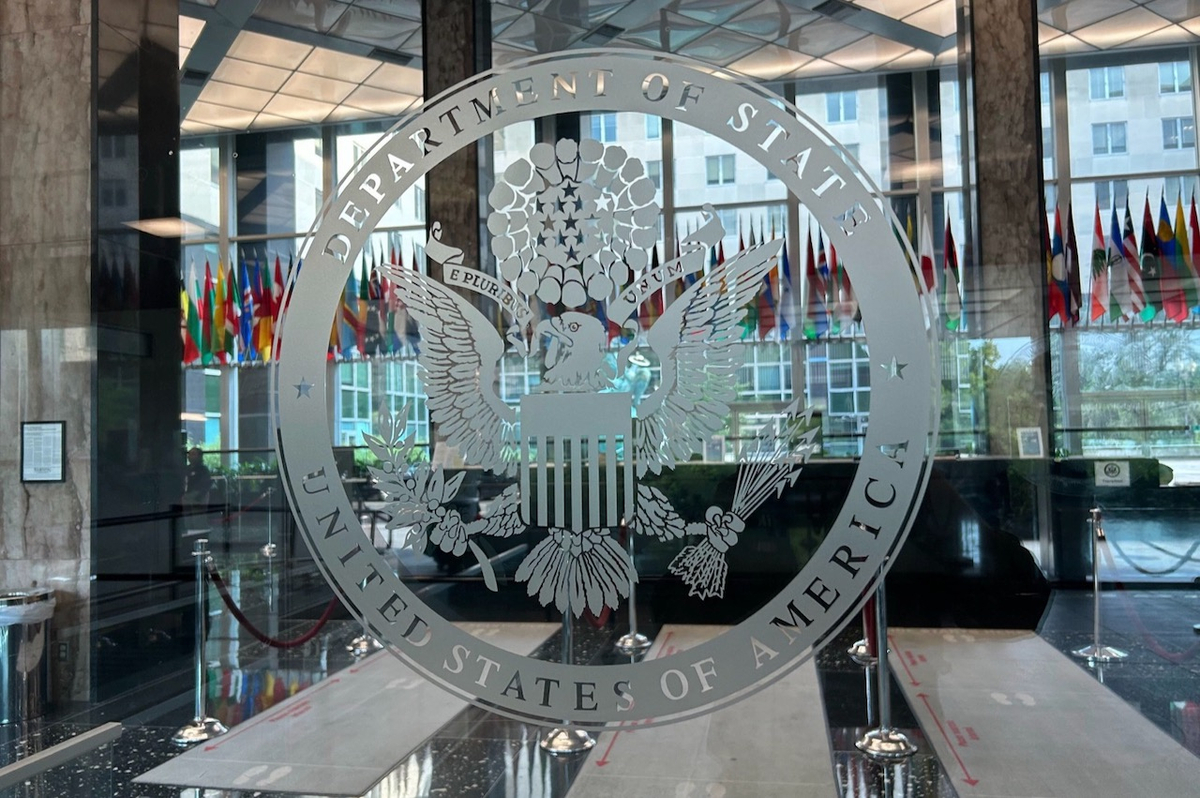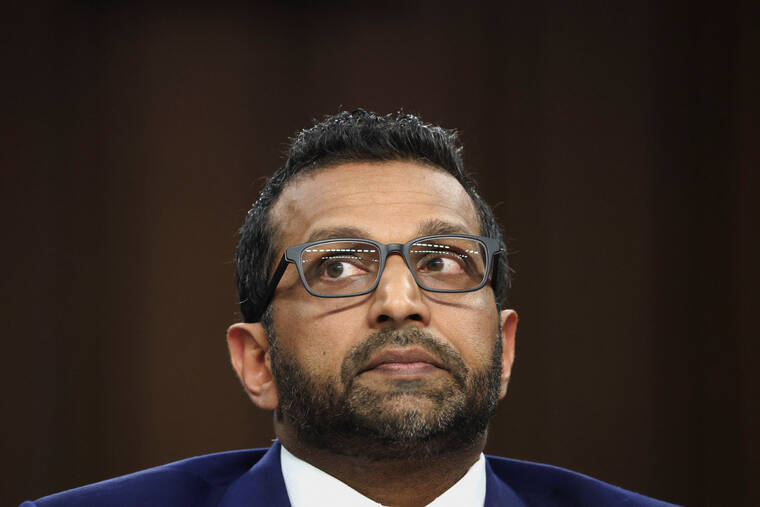By Alex Raufoglu
Copyright kyivpost

WASHINGTON DC – The United States on Tuesday sanctioned an international financial network it accuses of facilitating hundreds of millions of dollars in illicit oil sales for Iran’s military.
The US Treasury Department designated over a dozen individuals and entities across Hong Kong and the UAE, citing their role in providing a “shadow banking” system for the Islamic Revolutionary Guard Corps (IRGC) Quds Force and the Ministry of Defense and Armed Forces Logistics (MODAFL).
According to US officials, these sophisticated networks – operated by “trusted illicit financial facilitators” – evade sanctions by laundering money through overseas front companies and, increasingly, through cryptocurrency.
The proceeds, the officials said, are used to finance regional terrorist proxies and develop advanced weapons systems, including ballistic missiles and drones, which pose a direct threat to US forces and allies in the Middle East.“
Iranian entities rely on shadow banking networks to evade sanctions and move millions through the international financial system,” Under Secretary of the Treasury for Terrorism and Financial Intelligence John Hurley said.
This is the second round of sanctions targeting Iran’s shadow banking infrastructure since the president’s campaign began, with similar actions taken in July and June.
The Treasury’s announcement follows previous designations of the IRGC-QF and its parent organization for their support of terrorist activities.
The financial web: case study in evasion
The latest sanctions reveal a tangled web of financial deception. The Treasury Department highlighted two Iranian nationals, Alireza Derakhshan and Arash Estaki Alivand, as key facilitators.
Between 2023 and 2025, the pair allegedly coordinated the purchase of over $100 million in cryptocurrency to facilitate oil sales, a clear indication of how Iran is adapting its tactics to bypass traditional financial systems.
Alivand, described as a financial facilitator for the Syria-based Al-Qatirji Company (previously sanctioned for its links to the IRGC-QF), also conducted transactions with Tawfiq Muhammad Sa’id al-Law, a money changer with ties to Hezbollah. This connection highlights the deep, symbiotic relationship between the IRGC and its regional proxies, with funds flowing seamlessly between them to support a wide range of destabilizing operations.
Derakhshan, for his part, is accused of managing a group of front companies, including UAE-based Alpa Trading – FZCO and Hong Kong-based Alpa Hong Kong Limited.
Along with associates like Vahid Derakhshan and Leila Karimi, Derakhshan’s network allegedly facilitated hundreds of millions of dollars in transactions, including the purchase of products on behalf of MODAFL.
Broader strategy: tightening noose
In a separate but related move, Secretary of State Marco Rubio has revoked a 2018 sanctions exception under the Iran Freedom and Counter-Proliferation Act (IFCA) for activities related to Afghanistan reconstruction and development at Iran’s Chabahar Port.
This revocation, effective September 29, will expose individuals and entities operating at the port to potential US sanctions, further closing off avenues for Iran to earn revenue and project influence.“
As long as Iran devotes its illicit revenues to funding attacks on the US and our allies, supporting terrorism around the world, and pursuing other destabilizing actions, we will continue to use all the tools at our disposal to hold the regime accountable,” State Department’s Deputy Spokesperson Tommy Pigott said in a statement.
The move is welcomed by Iran watchers in Washington. Jason Brodsky, policy director at United Against Nuclear Iran (UANI), a non-profit organization dedicated to countering threats posed by the Islamic regime, told Kyiv Post on Tuesday that the action “further closes off illicit pathways for Iran’s regime to fund terrorism and rebuild its military programs.”
Brodsky added that the US should “continue to sanction these actors and multilateralize the efforts by ensuring harmonization in designations with its allies and partners.”
The sanctions carry significant implications for Ukraine, as Iranian-made drones, funded by these illicit networks, have been used extensively by Russian forces in their war against the country.
Speaking to Kyiv Post, senior US officials highlighted that the latest sanctions represent a detailed and highly targeted effort to disrupt the core of Iran’s illicit financial architecture. By naming specific individuals, companies, and even cryptocurrencies, the US is not only sending a strong message but also providing a roadmap for other nations and financial institutions to avoid entanglement with these networks.
The question now is whether these measures will be enough to cripple Iran’s military spending and force a change in its behavior, or if Tehran will find new, even more obscure ways to fund its ambitions.



